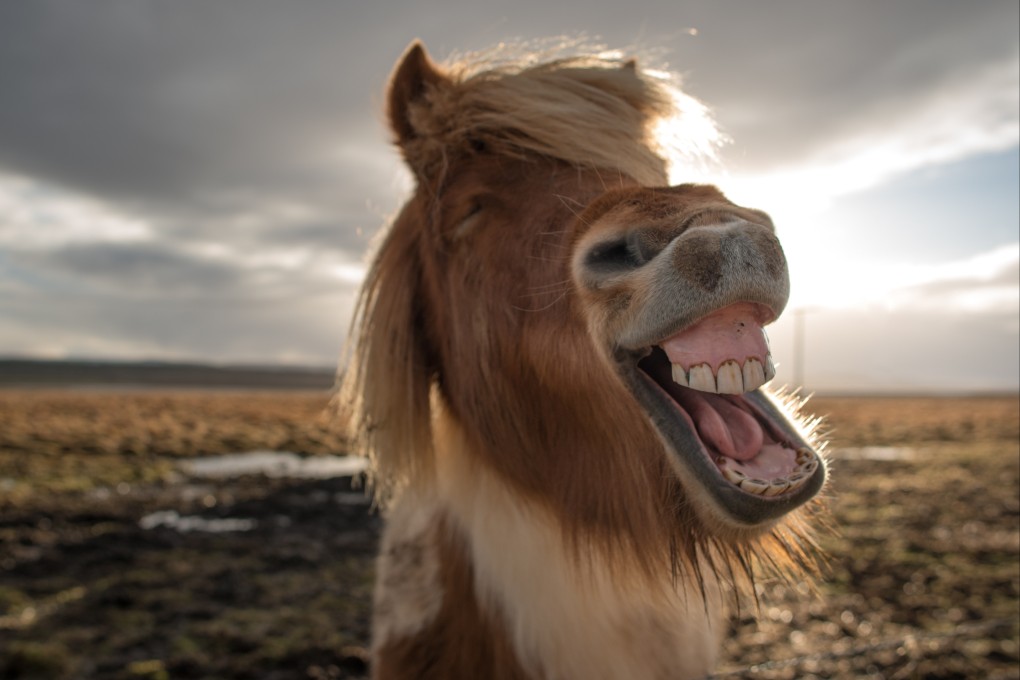How to be happier by learning from animals – live in the moment, don’t care what others think, and don’t worry about death
- Animals may sometimes be better off because they don’t possess our particular form of intelligence, author Justin Gregg says
- If we live more in the moment, we might be satisfied with what we have now and not be plagued with thoughts about finding meaning in life, he says

Although human intelligence has played a central role in the evolution of our species, it also has some negative effects. Animals may sometimes be better off because they don’t possess our particular form of it.
So believes Justin Gregg, who made his name with the book Are Dolphins Really Smart?, which investigated commonly held beliefs about dolphin intelligence.
Gregg is a senior research assistant with the Dolphin Communication Project, a non-profit based in the US state of Florida that studies dolphins and promotes their conservation. He also lectures on animal behaviour and cognition at St Francis Xavier University in Nova Scotia, Canada.
In his new book, If Nietzsche Were a Narwhal, he continues to explore the theme of intelligence – this time, putting humans under the microscope.
The book is subtitled: “What Animal Intelligence Reveals About Human Stupidity.”

“Humans have a few traits that have made us strangely successful. Those abilities are things that animals don’t have,” Gregg says from his home in Nova Scotia.
